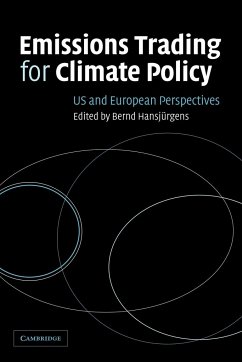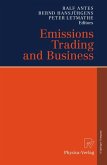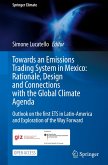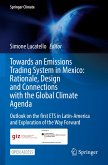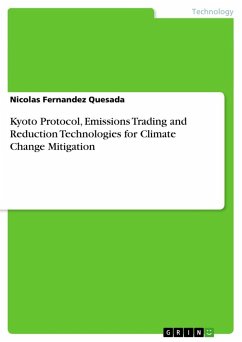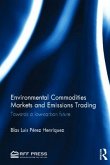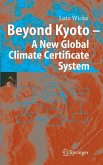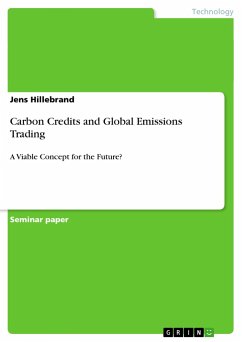The 1997 Kyoto Conference introduced emissions trading as a policy instrument for climate protection. Bringing together scholars in the fields of economics, political science and law, this book, which was originally published in 2005, provides a description, analysis and evaluation of different aspects of emissions trading as an instrument to control greenhouse gases. The authors analyse theoretical aspects of regulatory instruments for climate policy, provide an overview of US experience with market-based instruments, draw lessons from trading schemes for the control of greenhouse gases, and discuss options for emissions trading in climate policy. They also highlight the background of climate policy and instrument choice in the US and Europe and the foundation of systems in Europe, particularly the EU's directive for a CO2 emissions trading system.
Hinweis: Dieser Artikel kann nur an eine deutsche Lieferadresse ausgeliefert werden.
Hinweis: Dieser Artikel kann nur an eine deutsche Lieferadresse ausgeliefert werden.
Review of the hardback: 'Readers who wish to become current on emissions trading, but are overwhelmed by the exploding literature, can find a solution in this book. Bringing together leading experts from both sides of the Atlantic, this insightful book summarizes what theory, empirical research and practical experience has taught us about this increasingly popular environmental policy.' Tom Tietenberg, Mitchell Family Professor of Economics, Colby College

